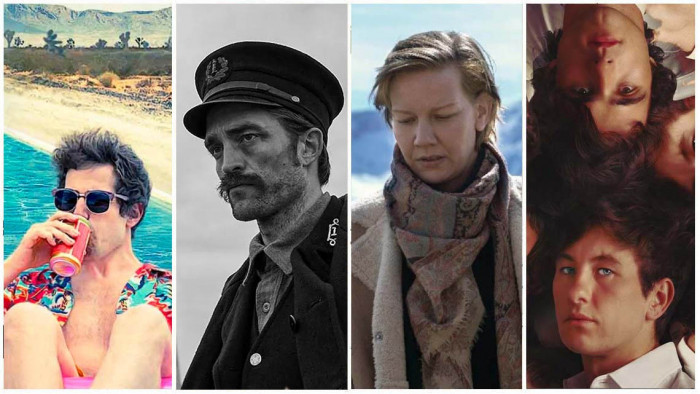Making a Murderer's Brendan Dassey moves one step closer to freedom with new ruling
Will he finally get out?


Could there finally, finally be freedom on the horizon for Brendan Dassey?
It moved one step closer after a federal appeals panel ruled yesterday than the confession of the Wisconsin inmate, featured in the hit Netflix series Making a Murderer, was improperly obtained, and that he should be either re-tried, or released from prison.
Brendan Dassey was just 17 years old back in 2007 when he and his uncle Steven Avery were tried and convicted of the 2005 murder of Teresa Halbach in Manitowoc, Wisconsin. However, when Making a Murderer was broadcast in 2015, it cast major doubt over the methods and effectiveness of the American justice system, with seemingly huge holes in the story, and unreasonable methods used to obtain evidence, including the ‘confession’ by Dassey, who appeared particularly vulnerable to manipulation. He was interrogated on four occasions over a 48-hour period, including three times in a 24-hour time frame with no legal representative, parent, or other adult present.
A federal magistrate judge ruled last August that Dassey had been coerced by investigators into confessing and overturned his conviction. However, he remained in jail after the police immediately lodged an appeal.
Magistrate Judge William Duffin, who originally overturned Dassey’s conviction last year, wrote then: “These repeated false promises, when considered in conjunction with all relevant factors, most especially Dassey’s age, intellectual deficits, and the absence of a supportive adult, rendered Dassey’s confession involuntary under the fifth and 14th amendments.”

Now, after the state justice department appealed the ruling to the 7th US circuit court of appeals, a three-judge panel upheld the magistrate’s decision by a majority of two to one.
However, it is still not over for this section of the appeal, with Johnny Koremenos, a spokesman for Wisconsin attorney general Brad Schimel, saying that they are expected to seek review by the full 7th circuit, or the supreme court, saying that he hoped “that today’s erroneous decision will be reversed”.
The majority opinion written by Judge Ilana Rovner said “no reasonable court” could have any confidence that Dassey’s confession was a voluntary one. It referenced “the leading, the fact-feeding, the false promises, the manipulation of Dassey’s desire to please” as among many factors that cast doubt on its validity.
However, the one judge that voted to uphold the appeal by the state wrote, “The majority’s decision breaks new ground and poses troubling questions for police and prosecutors. It calls into question standard interrogation techniques that courts have routinely found permissible, even in cases involving juveniles.”

Meanwhile, Steven Avery’s own appeal, in the hands of famed lawyer Kathleen Zellner, continues, with Zellner confident that he won’t even face a retrial. It was originally lodged back in January 2016, with Avery remaining behind bars in Waupan Correctional Institution in Waupun, Wisconsin
The programme suggested that Avery and Dassey were framed by police, angry with Avery for suing Manitowoc County following his wrongful conviction for sexual assault, for which Avery spent 18 years in prison because DNA tests showed that he hadn’t committed the crime.
The second series of Making A Murderer is due to hit Netflix “sometime this year”, with Netflix VP of original content Cindy Holland saying in January:“The story is still ongoing, so you will see new episodes coming sometime this year as this story continues to unfold. “We [just] don't know when for sure new episodes will be coming. Laura [Ricciardi] and Moira [Demos, the documentary makers] are on the ground [in Manitowoc] shooting regularly and working on what the right story is to tell in the next set, so we're deferring to them on when it will be ready. Very few people inside of Netflix actually know the details of what we're getting because we're wanting to keep it really under wraps and it is an ongoing case so we're trying to be sensitive to that.”
(Image: Netflix)
Latest
Related Reviews and Shortlists


The 10 best war movies of the 21st century








